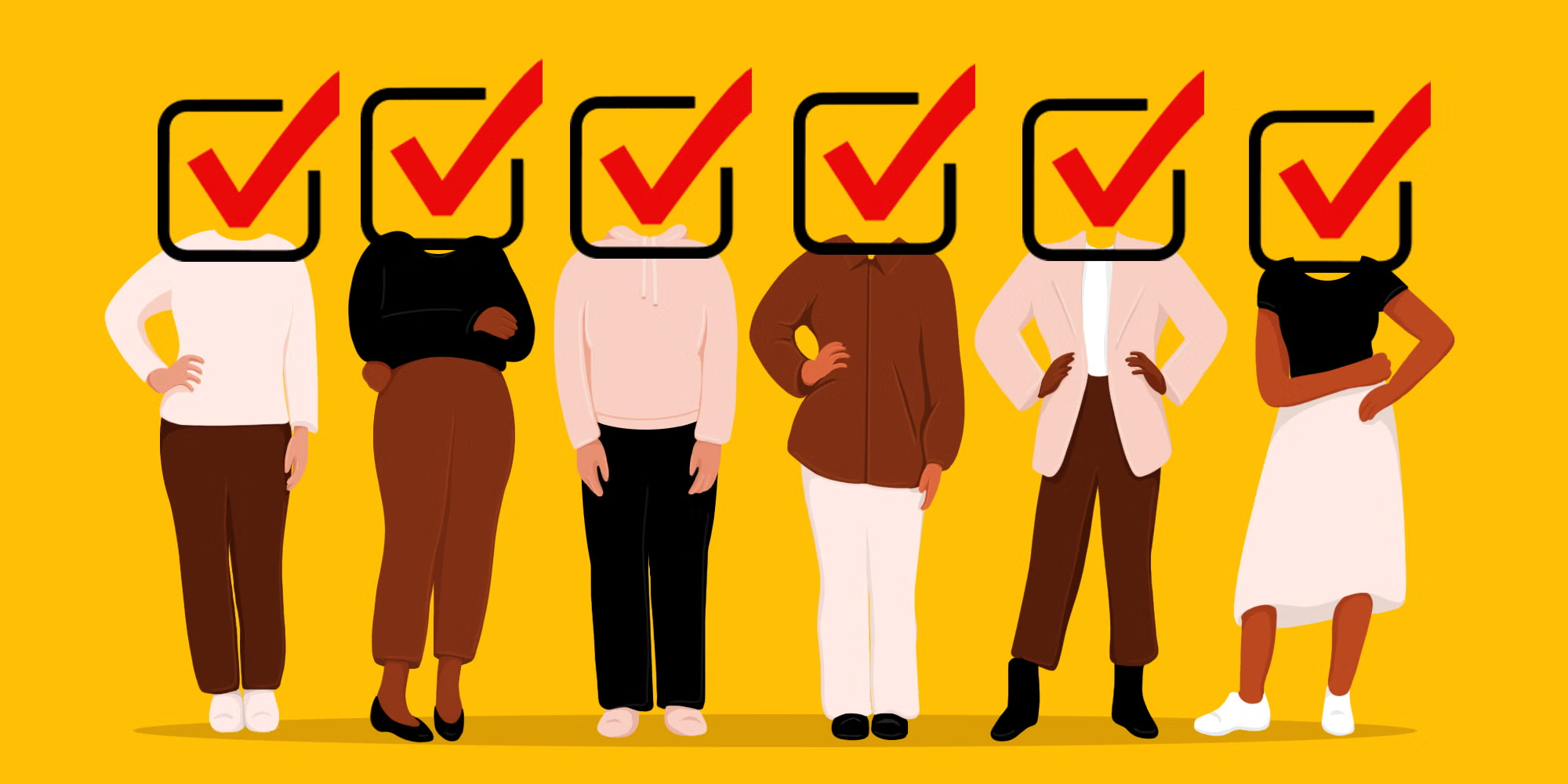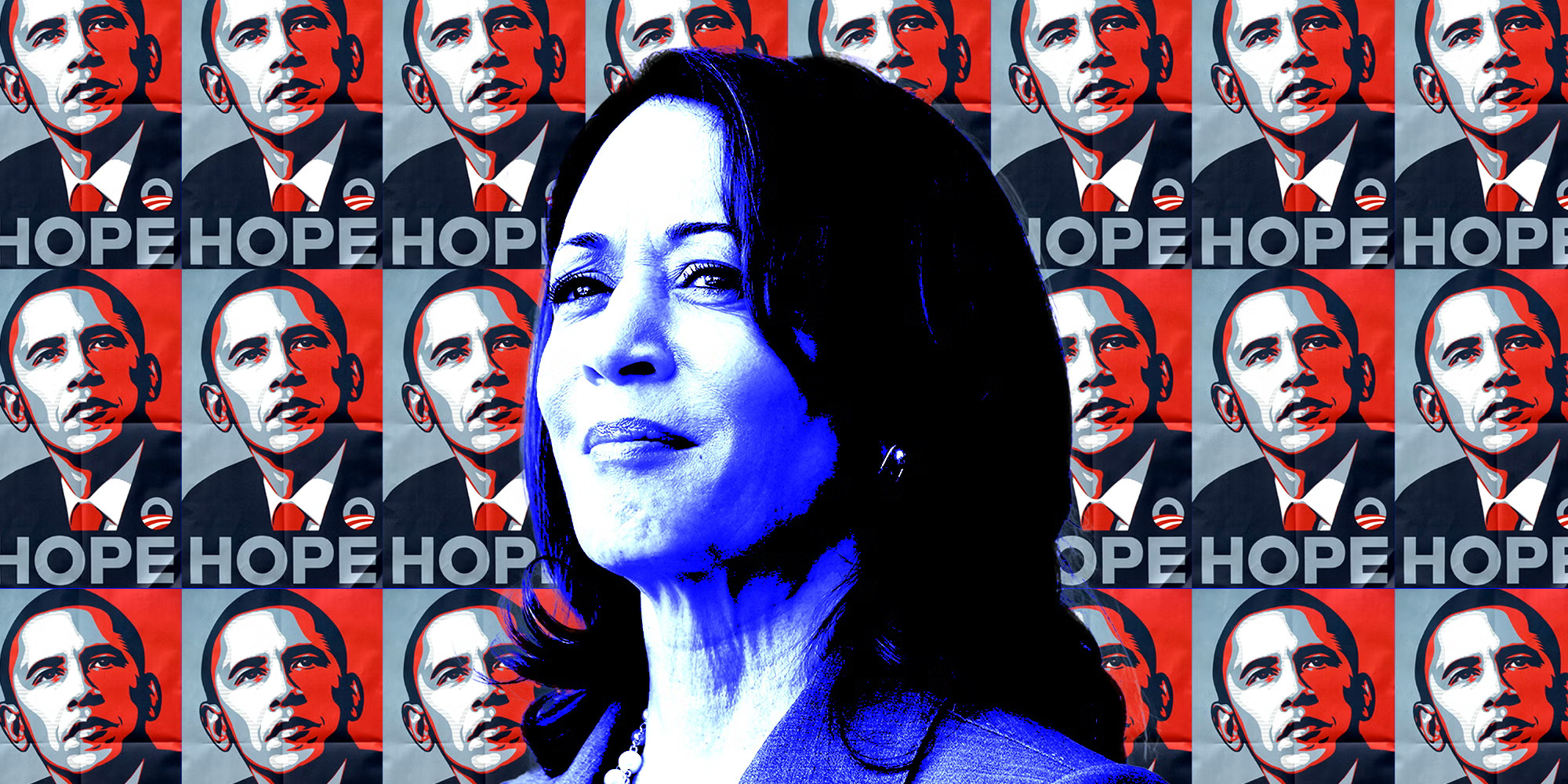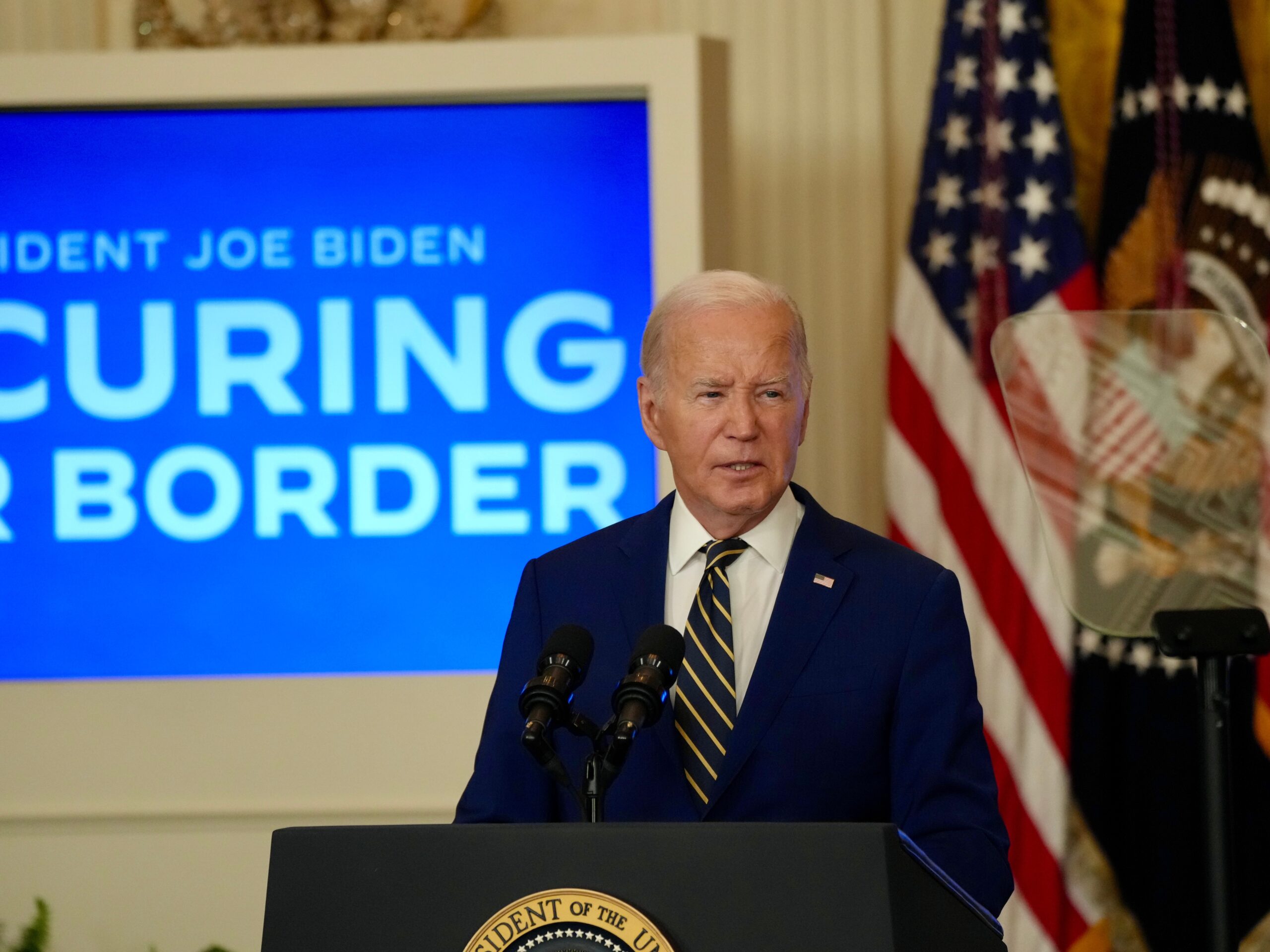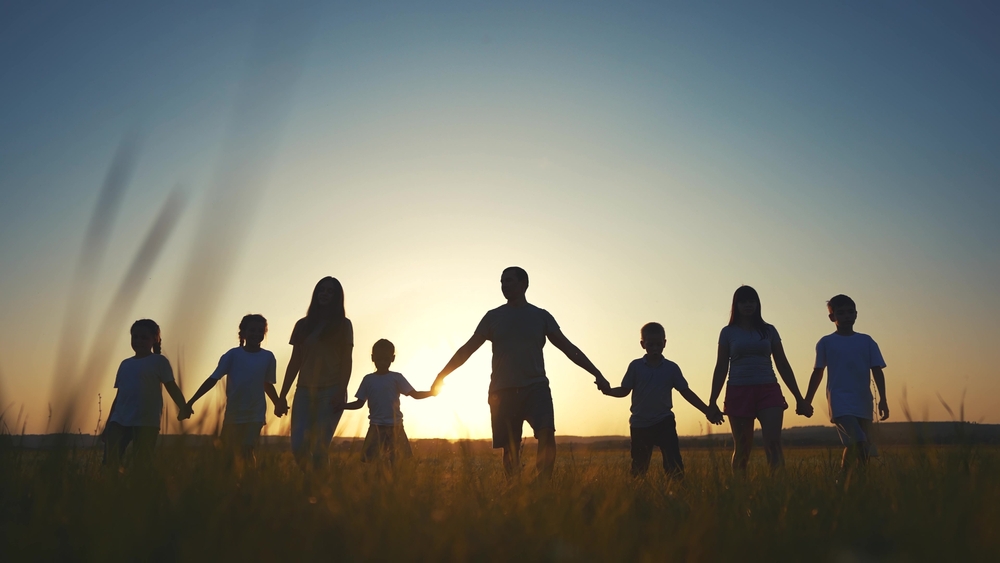Americans are retreating from civic life—but college-educated parents are stepping up, volunteering, hosting gatherings, and keeping communities connected while others stay home.
Commentary February 14, 2025
Are Political Differences Behind America’s Dating Woes?
Institute for Family Studies

Political divisions between young men and women are preventing them from forming meaningful relationships.
Commentary October 28, 2024
Are Young Men Really Going to Vote for Donald Trump?
The Liberal Patriot
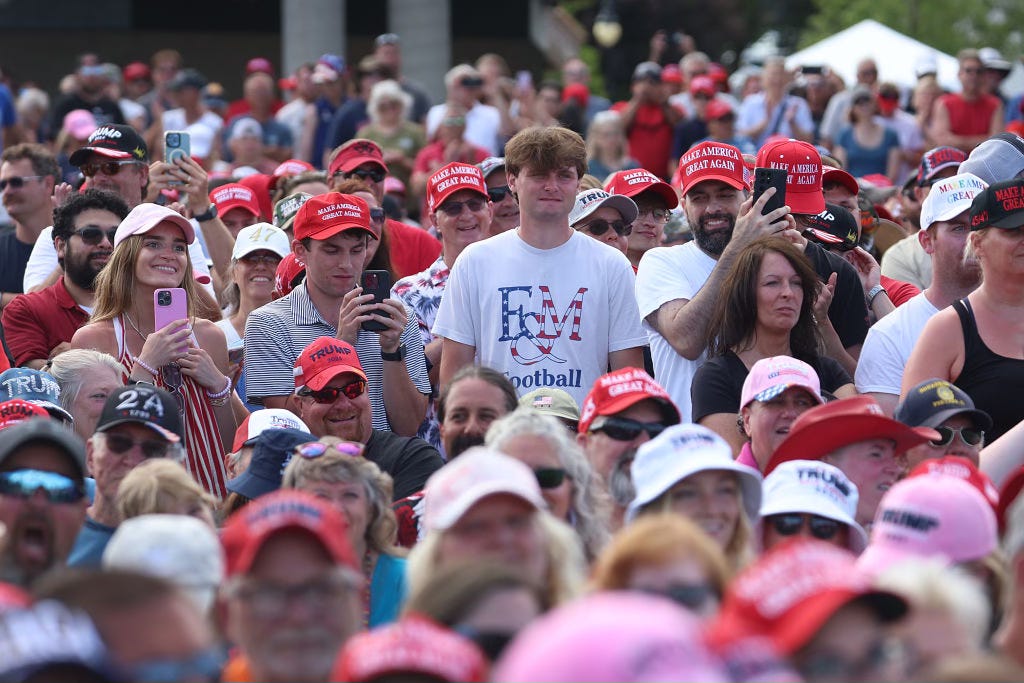
Young men are leaning towards Trump in recent polls. Are the polls accurate?
Unmarried women make up a whopping 25% of the electorate — and that’s bad news for Donald Trump.
In the 48 hours after Kamala Harris announced her run for president on July 21, nearly 40,000 people registered to vote on vote.org — 83% of whom were under 35.
Of the many ways that Donald Trump has scrambled the country’s political demography, none is more surprising than the way he changed the GOP’s relationship with young voters.
Young voters are less supportive of Biden than they were in 2020. Embracing immigration may be the key to reclaiming the youth vote.
Marriage rates are plummeting. More young people are delaying or avoiding dating altogether. Pew Research recently found that 1 in 4 40-year-old American adults have never been married. Parenthood is viewed with much greater apprehension among young people than it once was.
Commentary February 9, 2024
Gen Z’s Romance Gap: Why Nearly Half of Young Men Aren’t Dating
American Institute for Boys and Men

Until very recently, American culture has operated on the flawed notion that teenage dating and sex required little encouragement. Teenage romance was once seen as a natural part of American adolescence. This, it turns out, is completely wrong.
Something strange is happening between Gen Z men and women. Over the past decade, poll after poll has found that young people are growing more and more divided by gender on a host of political issues. Since 2014, women between the ages of 18 and 29 have steadily become more liberal each year, while young men have not.


